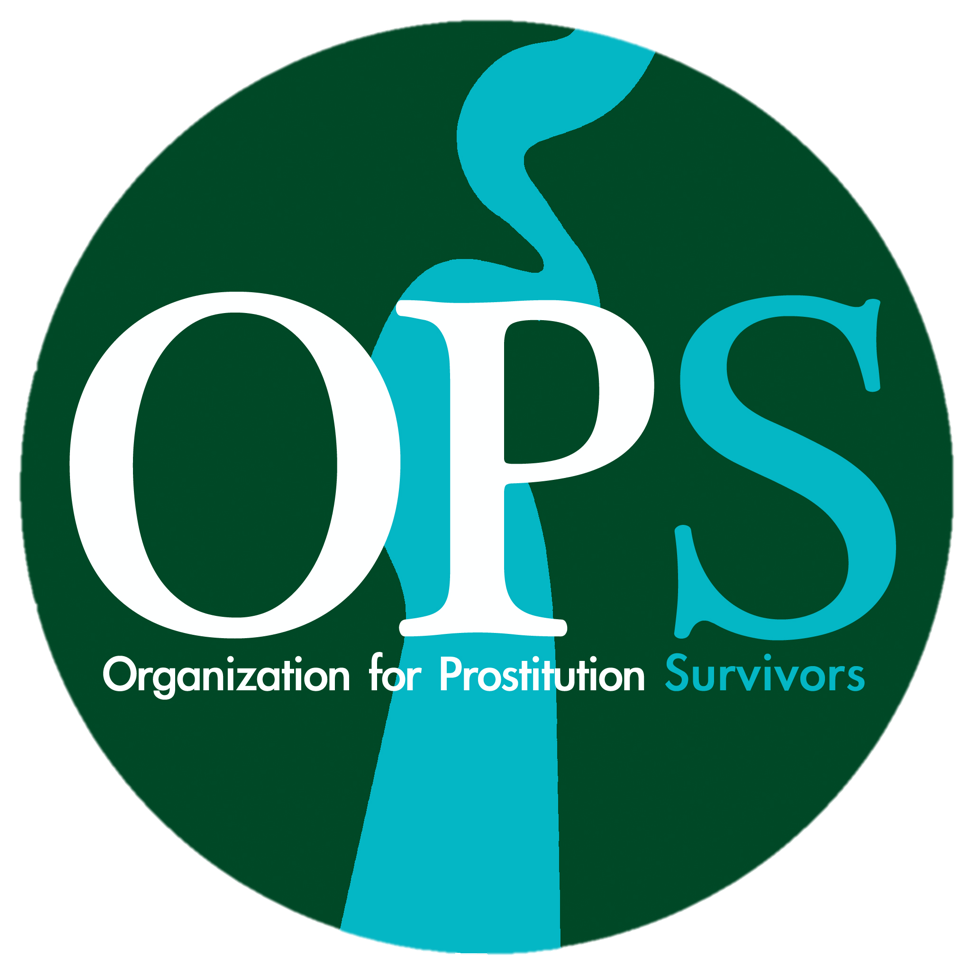Why we use Survivors instead of "Victims"
At the Organization for Prostitution Survivors (OPS), we understand the power of words and the lasting impact they can have. That's why we want to address the use of the terms "victim" versus "survivor" when referring to individuals who have experienced Commercial Sexual Exploitation (CSE).
While it may be appropriate to use the term "victim" in some cases, we believe that "survivor" is a better choice when acknowledging the strength and resilience of those who have faced sexual trafficking and violence.
Here's why we prefer the term "survivor":
1. Emphasizing Strength and Resilience: The term "victim" can carry a negative connotation and make survivors feel powerless or weak. By using the term "survivor," we emphasize their strength and resilience in the face of adversity, shifting the focus from their status as victims of a traumatic event to their ability to overcome and thrive.
2. Empowering Individuals: While the term "victim" highlights the act of violence perpetrated against the survivor, it can perpetuate feelings of powerlessness and victimization. Conversely, using the term "survivor" encourages others to see these individuals as strong and capable, emphasizing their ability to rise above their experiences and reclaim their lives.
3. Fostering Empowerment: While the term "victim" is used within legal contexts, many non-profit organizations, including OPS, prefer "survivor" for the sense of empowerment and encouragement it brings to those we serve. We recognize that the individuals who have been exploited in sex trafficking and prostitution are victims of a crime, but we believe that their identity extends beyond this label.
Why it Matters:
People who have lived through sex trafficking are more than just victims of a crime. The term "survivor" acknowledges their experiences, strength, resilience, and bravery. It encapsulates their present and future journey towards healing and growth.
When we call someone a victim, we highlight the negative aspects of their situation and inadvertently take away their power to change. However, by calling someone a survivor, we empower them and recognize their strength and determination not only to survive but also to eventually thrive once they are out of their exploitative situation.
Let us choose our words carefully, always highlighting strength rather than perpetuating helplessness. Together, we can raise awareness, challenge harmful narratives, and support survivors in rewriting their own narratives.
Join us in sharing this message to empower survivors and promote a more compassionate and survivor-centered approach. Together, we can make a difference and contribute to a world free from gender-based violence.


